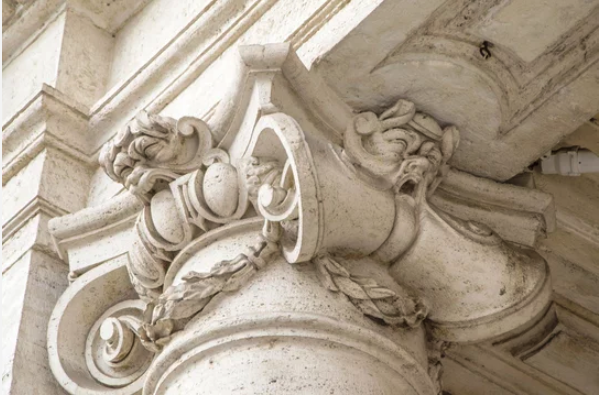How the Revival of Confucianism Hurts Women in China
Madeline Fetterly | Feb 03, 2016
“Chinese President Xi Jinping has a moral and cultural crisis on his hands. For decades following the Chinese Cultural Revolution, Chinese leaders focused rebuilding efforts on economic prosperity and development, rarely providing moral guidance or encouraging cultural activities as a way to cultivate a balanced and well-rounded society. Now, nearly 40 years later, Chinese leaders are worried about the negative affects the lack of morality and culture has on the Middle Kingdom.
In response to this, Xi has pursued the revival of Confucianism as a state ideology. Confucianism was the dominant ideological school of thought for centuries and acted as the foundational cultural cornerstone. Tenants of Confucianism include an emphasis on social harmony, ethical behavior, social hierarchy, and respect for the elderly, and obedience to authority.
Reformist intellectuals by the late 19th century concluded that China’s weakness, vis-à-vis Western powers, was largely due to its conservative Confucian culture. They felt it made the society too hierarchical, stifled technological innovation, and fostered bureaucratic corruption.
Since that time, Confucian principles virtually disappeared from public discourse and social rhetoric in China, with most Chinese leaders rejecting Confucian thought and encouraging the public to embrace western ideals. President Xi, however, is now taking a different track.”
Click here to read the entire article.




